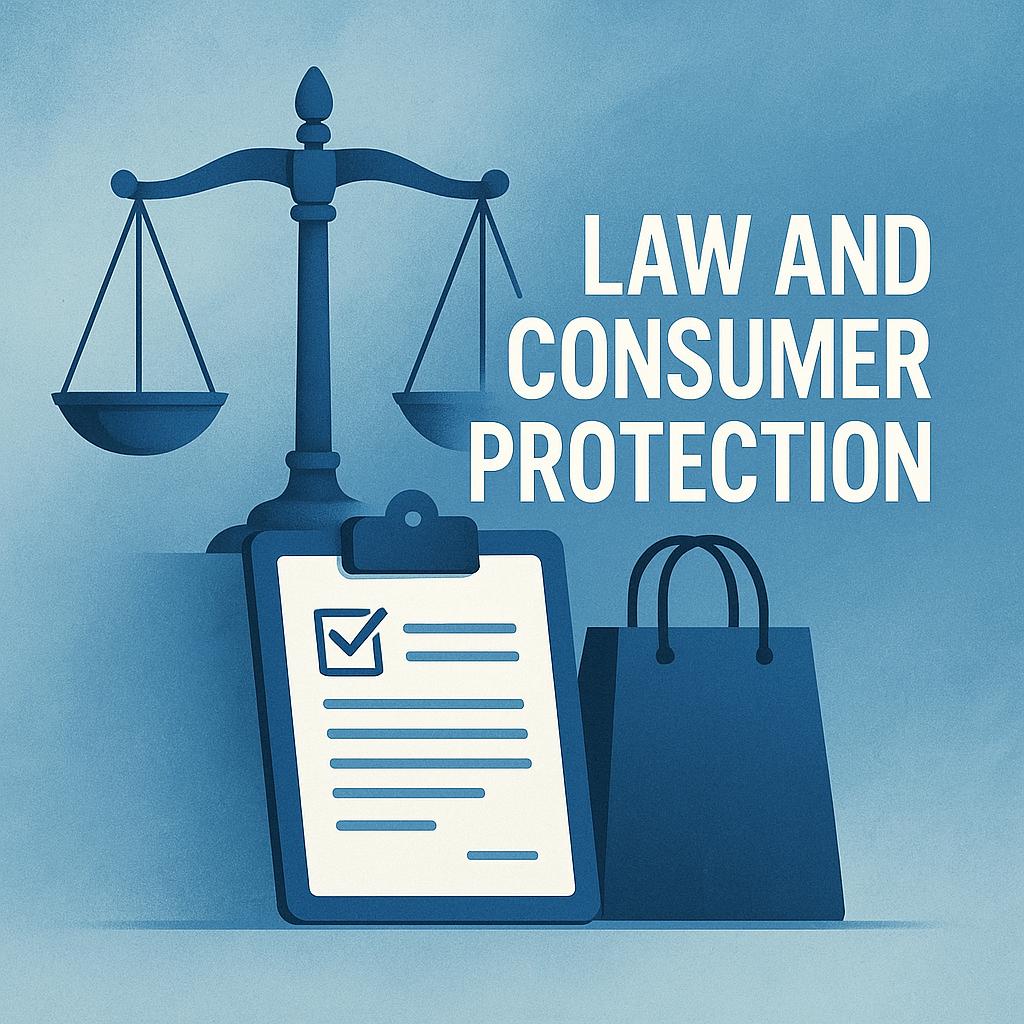



Introduction to the Concept
With the growing economic activity and the increasing number of commercial transactions, there has been an urgent need to protect consumers from practices that may harm their rights or exploit their lack of knowledge about goods and services. The consumer is often the weaker party in the contractual relationship, which necessitates legal intervention to ensure balanced commercial dealings and maintain market trust.
For this reason, countries — including the United Arab Emirates — have developed comprehensive legislation aimed at enhancing market transparency, ensuring product quality, and preventing fraud and deception.
Who is the Consumer?
According to the UAE Consumer Protection Law, a consumer is defined as:
“Any person who obtains a commodity or service for a price to fulfill their personal or family needs, not for commercial purposes.”
This definition establishes the legal framework for understanding the relationship between the consumer and the supplier or service provider.
Basic Consumer Rights
The Consumer Protection Law guarantees several fundamental rights, including:
1. The Right to Safety: Products must be safe and not harmful to health or the environment.
2. The Right to Information: Clear and accurate information about the product or service.
3. The Right to Choose: Availability of options without pressure to buy a specific product.
4. The Right to Withdraw: Ability to return goods within a specified period under certain conditions.
5. The Right to Complain: Legal channels to file complaints in cases of fraud or deception.
Key Obligations of Suppliers and Service Providers
1. Prohibition of selling counterfeit or expired products.
2. Disclosure of product details (ingredients, price, country of origin, etc.).
3. Issuance of clear and detailed invoices.
4. Commitment to warranty and exchange policies.
5. Prompt and efficient response to consumer complaints.
Legislative Developments in the UAE
The UAE issued Federal Law No. 15 of 2020 concerning consumer protection, which represents a major step forward in regulating the relationship between consumers and suppliers. It also addresses e-commerce regulations, advertising standards, and strict penalties for violations.
Consumer Protection in the Digital Environment
With the rise of online commerce, it became essential to modernize the law to include:
• Regulation of misleading digital advertisements.
• Protection of consumers’ digital data.
• Guarantee of return rights for online purchases.
Conclusion: Law as a Pillar of Commercial Justice
The law protects not only consumers but also the integrity and reputation of the entire market. Effective consumer protection laws build trust and ensure a fair economic environment — a key sign of development and stability in any society.
我们的文化培养并努力实现创新、创造力、法律专业知识,并以客户为中心。每天,我们都在增强我们的创业环境。